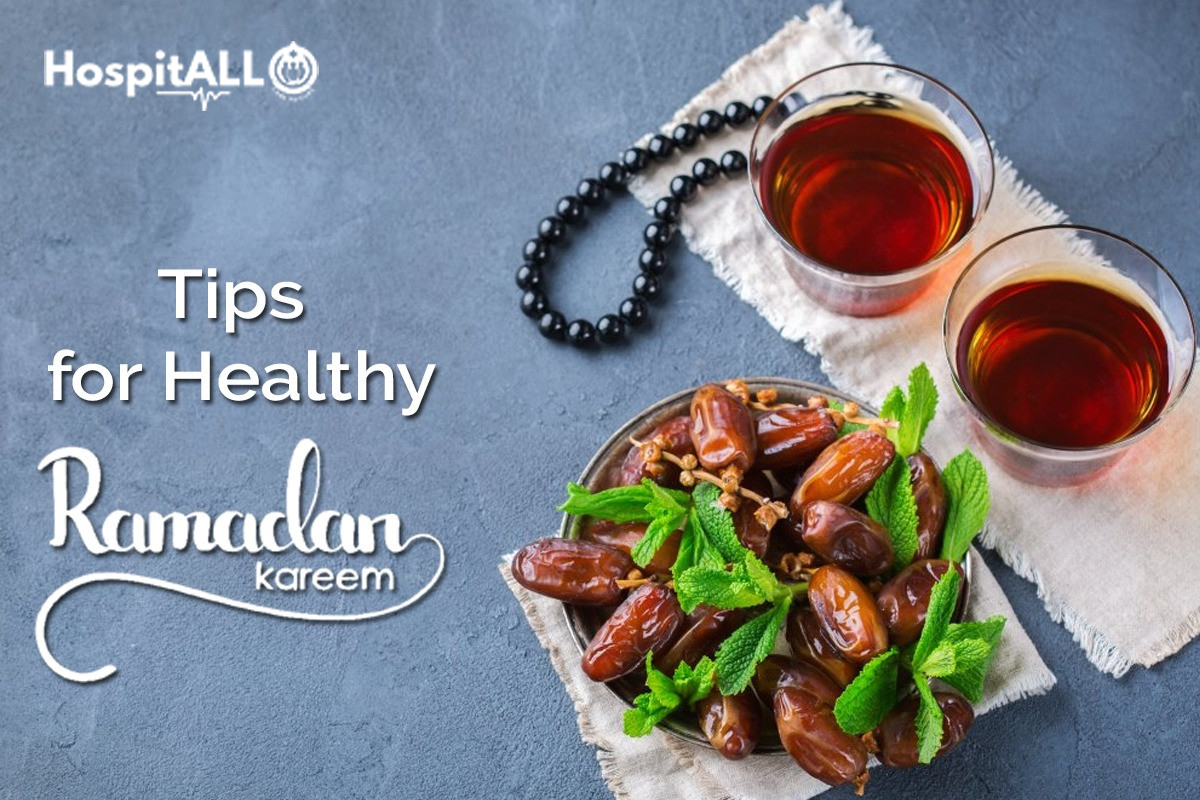
With the holy month of Ramadan underway, Muslims must fast from sunrise to sunset. Meals eaten prior to the time of sunrise are called Suhoor, or also commonly known as Sehri in Pakistan, and meals eaten past the time of sunset are called Iftar. Fasting is a time for Muslims to practice patience, modesty, and to come closer to God. When performed correctly, fasting brings many health benefits, but it can easily go the other way making a person’s health worse if certain things are not taken care of. The gist is to cook food with healthy and fresh ingredients while making sure the cooking is done in a clean manner with proper hygiene. The article below will help those participating in Ramadan reap in all the benefits of fasting.
Suhoor is a Must
It is imperative that those fasting during the month of Ramadan must not miss/skip Sehri as this is the meal that will provide enough energy for them to get through the long and stretched hours. To not feel the fast, it is recommended to consume a good amount of fresh fruits and vegetables along with meat and dairy products. These will help those fasting last until the time of iftar.
Do Not Eat Too Much in Iftar
A common mistake by people who observe their fast is that they overeat, especially unhealthy foods like fried food. While consuming a bit is okay, it is important not to go overboard as this only results in nothing but empty calories. It’s best, for the most part, to eat healthy Iftar dishes that are cooked at home and you can eat with your family. Dates aren’t traditionally used to break fasts for no reason, they are a great source of energy and help muscles and nerves to function well because of their richness in potassium. It is also recommended to eat from the major food groups like rice, meat, fruit, dairy, and vegetables as much as possible.
Drink Lots of Water
Thirst is usually a larger problem as compared to hunger for people when they fast. It is only possible to drink water in Suhoor until Iftar. That is why it’s recommended to have 8 glasses of water between Iftar until Sehri to be completely hydrated, reducing any chance of dehydration. Plain water is the way to go because caffeinated drinks increase fluid loss. Additionally, eating fresh fruits and vegetables like watermelon for example helps keep the body hydrated.
Avoid These Foods And Keep a Healthy Diet
As mentioned before, it’s best not to eat too many fried foods because of how easily they add unnecessary calories. Along with fried foods, sweet foods and spicy food can be tempting and hard to resist. Eating sweets as soon as Iftar opens causes bloating and a delay in digestion while salty and spicy food will cause thirst the next day, causing dehydration during the next fast. The best way to manage these cravings is by being disciplined and adapting portion control and moderation. To sum it up, it is best to have a large number of fresh fruits and vegetables while avoiding processed foods as much as possible. Eating foods such as wheat, beans, lentils, basmati rice, millet, barley, and wholemeal flour is important too as they are complex carbohydrates that help to slowly release energy in turn helping keep more energy for the hours of fasting. Eating rich in fibre foods like most fruits, dry fruits, grains, seeds, potatoes with skin, and vegetables such as green beans helps to keep a person feel full for a longer period of time.
In short, having good health is heavily down to a balanced diet. The food intake for those who fast in Ramadan doesn’t really move too far away from a normal diet as seen by this article. The main difference is for those who are fasting is to eat healthy foods that cause the body to store energy longer and reduce their appetite, while also having an ample amount of water, more than they would usually.
Written by: Uzair Ghauri
Leave a Comment
Send